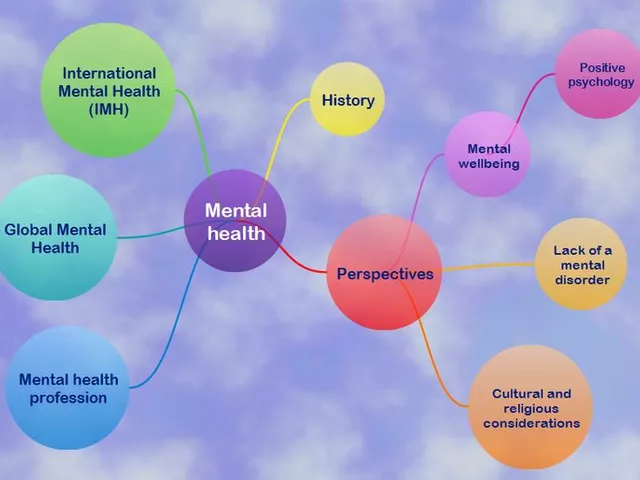Progesterone and anxiety: how hormones affect your mental wellbeing
July 6 2023Medication Side Effects Explained
If you’ve ever taken a pill and felt a weird stomach ache or a sudden headache, you’ve experienced a medication side effect. Those reactions are more common than many people think, and knowing what’s typical can save you from panic and help you stay safe.
Common Types of Medication Side Effects
Most drugs cause at least one mild reaction. The usual suspects include:
- Nausea or upset stomach – often shows up with antibiotics, painkillers, and some heart meds.
- Drowsiness or fatigue – common with antihistamines, muscle relaxers, and many antidepressants.
- Dry mouth – a frequent side effect of anticholinergics and some blood pressure pills.
- Headache – can happen with anything from birth‑control pills to migraine preventatives.
- Skin rash or itching – may appear when your body reacts to a new formulation or an ingredient you’re sensitive to.
These effects usually start soon after you begin the medication and often fade as your body adjusts. If they linger beyond a week, it’s worth checking with a pharmacist or doctor.
How to Deal With Unwanted Reactions
The first step is not to ignore what your body tells you. Keep a simple log: note the drug name, dose, when you took it, and any symptoms that follow. This record makes it easy for a healthcare professional to spot patterns.
Next, try practical tweaks before you call anyone:
- Take with food if the label says it’s okay – this can cut nausea in half for many meds.
- Stay hydrated – water helps flush out substances that might irritate your stomach or cause a dry mouth.
- Avoid alcohol when you’re on drugs that already make you drowsy; the combo can be dangerous.
- Switch timing – moving a dose to bedtime may hide daytime drowsiness, while morning doses can reduce night‑time insomnia.
If symptoms are severe—like trouble breathing, swelling of the face or tongue, sudden dizziness, or chest pain—stop the medication right away and seek emergency care. Those signs could mean a serious allergic reaction.
For milder but persistent issues, reach out to your prescriber. They might lower the dose, suggest an alternative drug, or add another medicine to counteract the side effect (e.g., an anti‑nausea pill).
Finally, remember that not every side effect means you have to quit a medication. Many people stay on life‑saving drugs despite minor annoyances because the benefits outweigh the risks. The key is staying informed and communicating openly with your healthcare team.
Bottom line: side effects are normal, but they don’t have to be scary. Spotting them early, keeping notes, and making small adjustments can keep you comfortable while you get the treatment you need.
 17 Feb
17 Feb
Anticholinergics: Cognitive Effects and Dry Mouth Risks
Anticholinergics like oxybutynin and diphenhydramine can cause memory loss, brain shrinkage, and dry mouth - especially in older adults. Learn the risks, which drugs are safest, and what alternatives exist.
Read More... 22 Dec
22 Dec
Grapefruit Juice and Medications: What You Need to Know Before You Drink
Grapefruit juice can dangerously increase drug levels in your blood by blocking a key enzyme. Over 85 medications, including statins and blood pressure drugs, interact with it. Learn which ones are risky and what to do instead.
Read More... 17 Nov
17 Nov
How to Tell If Your Symptoms Are from Your Disease or Your Medication
Learn how to tell if your symptoms are from your illness or your medication. Use timing, dosage changes, and symptom tracking to avoid misdiagnosis and unnecessary treatment.
Read More... 26 Jul
26 Jul
Atenolol and Tremors: What You Should Know
In my recent deep dive into the topic of Atenolol and tremors, I discovered some key points worth sharing. Atenolol, a beta-blocker, is commonly used to treat conditions like hypertension and angina, but it's also effective in managing tremors. It works by slowing down the heart rate and reducing blood pressure, which in turn helps to control these involuntary movements. However, like all medications, Atenolol can have side effects and it's not suitable for everyone. It's always important to consult with a medical professional before starting any new medication.
Read More...



